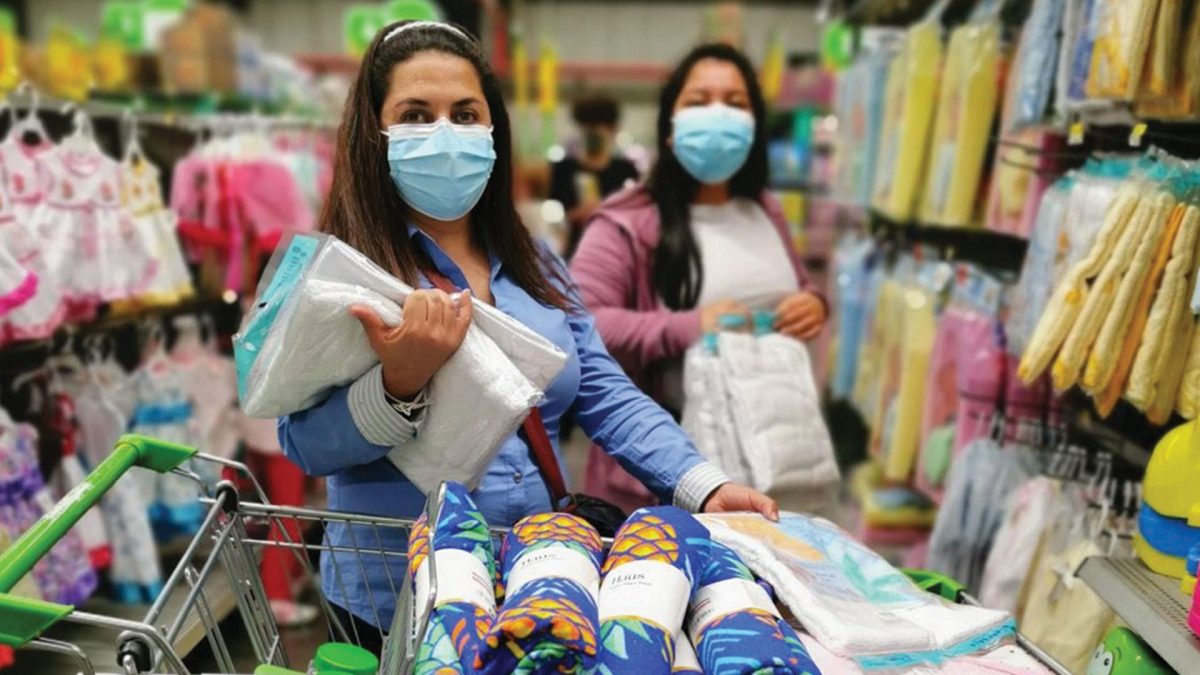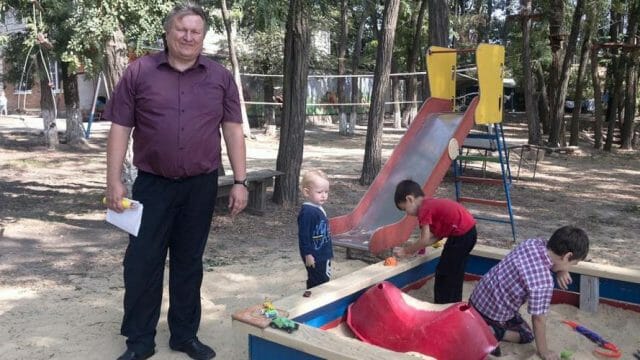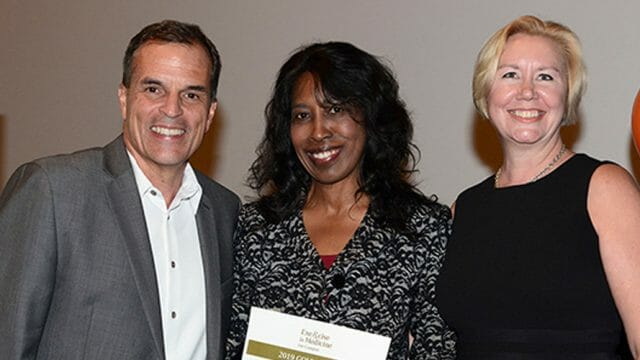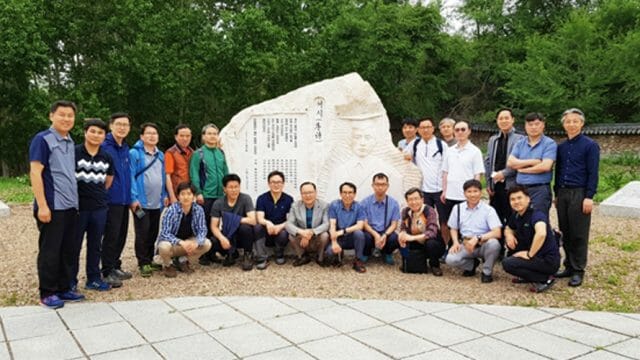La Sierra University students fundraise and send dozens of care packages.

The task facing La Sierra University’s Pre-Medical Society last fall was daunting—take an annual mission trip to Guatemala that provides badly needed aid, spiritual connection, and compassionate outreach— and reproduce it all online.
For 16 years the society, a student club of La Sierra University in Riverside, California, United States, led by associate biology professor Eugene Joseph, has spread the love of Christ in Guatemala each Christmas break by distributing food and shoes to those in need, bringing toys and friendship to sick children, praying with families, and providing hands-on assistance, such as vaccinating farmers’ livestock and helping medical and dental professionals care for hundreds of patients in rural areas.
It was all upended this year. With foreign travel suspended, the Pre-Medical Society decided to brainstorm ways of continuing their work in Central America, where the impact of COVID-19 has compounded suffering.
During an October 2020 conference call it was decided the club would forge ahead with a virtual mission activity, a feat that would require significant coordination and planning. Club leaders e-mailed an invitational application to the campus and ended up with a team of 25 students led by nine club officers.
The group held an online fundraiser in January 2021 and, together with funds from the club, brought in US$3,800. Their contacts in Guatemala used the money to purchase 48 pairs of children’s shoes and 950 kilograms (2,100 pounds) of food to provide 60 large food bags containing black beans, red beans, rice, sugar, corn flour, cooking oil, soups, and noodles. They also bought items for 40 gift packages for children at the Casa de San José AIDS hospice that included brightly colored blankets, baby wipes, baby shampoo, and soap. They also purchased other items for nursing home resident care packages.
Usually La Sierra students and faculty personally deliver food and shoes to families, play fun games with children at the hospice, and form friendships with Guatemalans in various communities. This year, students had to find a way to bring that experience home despite the 4,377-kilometer (2,720-mile) distance. They organized a three-session Sabbath virtual mission “trip” streamed online February 13 via Zoom videoconferencing , allowing audiences in the United States and Guatemala to witness members of three Adventist churches and missionary students receive bags of needed food and boxes of shoes under pandemic safety protocol.
The virtual donation event was preceded by a morning church service. Online children’s activities followed in the afternoon. Activities included praise songs in Spanish, presentations about the students’ lives in California, children’s songs in Spanish, a science experiment, arts and crafts, and a short lesson with games in the evening.
Joseph has organized the annual mission trips to Guatemala since 2004. “As I compare the ‘in-person’ trips from past years to the virtual trip this year, I was able to sense the same spirit of gratitude,” he said. “The students were also impacted by the virtual reception we received, and by how we were able to truly be the hands and feet of Jesus even during the pandemic.”
For Pre-Medical Society president Kay Kim, the unique experience of carrying out an online mission trip proved impactful beyond expectation. “I got emotional after seeing the smiles on the kids’ faces while each one received their shoes,” she said. “After the virtual trip was over, I realized how blessed I was to have this opportunity to help serve others.”








